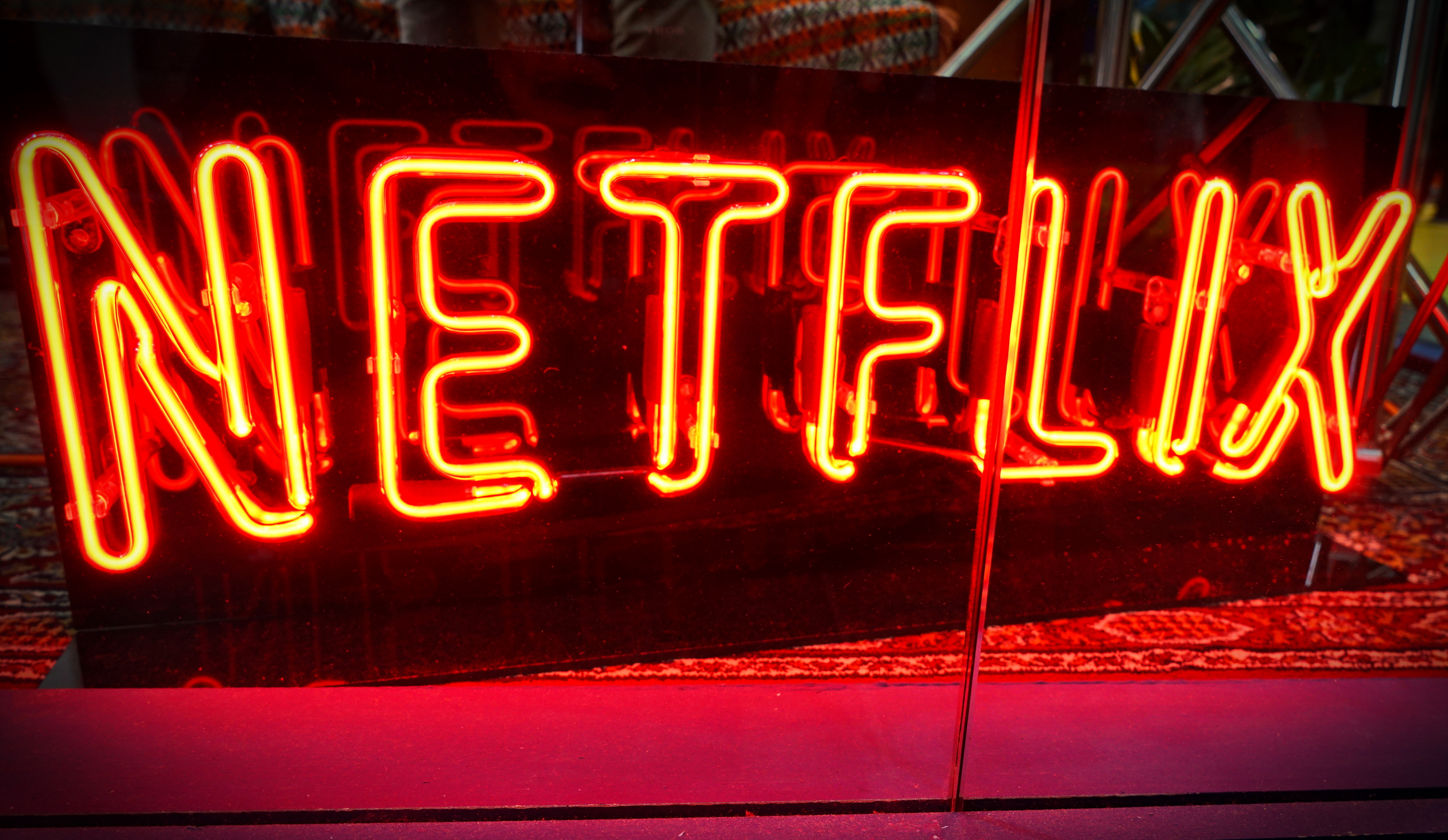
We can learn good things – and not so desirable lessons – from some of the biggest companies out there, especially in media and technology. I certainly cannot speak for the rest of the world, but here in the U.S., the nature of work is changing. Many employees are actively reassessing their jobs, and the roles they play in their lives – especially off the field.
Just a few short years ago, we didn’t know from a work/life balance, certainly in radio. Especially in the programming wing of the building, when you’re running a 24/7/365 operation, the show must go on – during blizzards, hurricanes, holiday weekends, and when there’s been an event like a mass shooting in the community. Radio people show up.
24/7/365 operation, the show must go on – during blizzards, hurricanes, holiday weekends, and when there’s been an event like a mass shooting in the community. Radio people show up.
But the COVID effect has warped the relationship between employees and the corporate hierarchy. It started with WFH, and continues to be a factor in many companies, as workers reassess everything. Paul and I recently conducted a research study for a broadcast organization to get a sense for post-COVID challenges. And pretty much up and down, among radio and TV managers, in big markets and unrated ones, the theme was eerily similar. The overriding theme could be boiled down into two words:
Recruitment and retention
In this economy, $5 gas and all, it is still difficult to not only find qualified people, but people period. Part of it is tied to compensation, and radio’s notorious habit of being on the lower end of the wage scale. In past decades, radio could almost always more than make up for its pattern of smaller salaries and slimmer benefits with the come-on of a job/career that promised excitement, creativity, and of course, free concert tickets.
Today, it’s a different game. It’s not only a tough task to create a pipeline of potential talent on and off the mic, it’s become far more arduous to keep professionals from leaving the radio roost for a new opportunity perhaps in a different field, or to hang up the headphones or spreadsheet and retire. There’s no census in radio, so we don’t know how the size or our population has fallen since 2000, and particularly since lockdowns went into effect and stations closed their doors in March of 2020.
But I do know this….
A day doesn’t go by when tenured radio executives and talent call it a career. Many even use that cliché – “I want to spend more time with my family” – which used to be code for “They fired me.” But today more often than not, it’s TRUE. Many tire of the radio rat race, ready to either kick back, or in many other cases, try out a new field, start a new business, take care of loved ones, or do something else.
used to be code for “They fired me.” But today more often than not, it’s TRUE. Many tire of the radio rat race, ready to either kick back, or in many other cases, try out a new field, start a new business, take care of loved ones, or do something else.
But people always retire. The heavier lift for the broadcasting industry is recruitment. The radio magnet, which this industry counted on for stability, and to generate that seemingly infinite pool and endless supply of fresh, young talent, has weakened these past few years.
And that has left broadcast execs in the uncomfortable position of having to hire executive recruiters or try craftier ways to attract the next generation of broadcasters to the fold. In most cases, LinkedIn, ZipRecruiter, and Monster won’t help radio solve its recruitment issues. Indeed, they won’t.
Just getting employees back to work, on the payroll, and onboarded isn’t the end of the problem either. For some, it’s just the beginning. Especially in tech and media, workers are forming – with the company’s blessing – ERGs: that it, employee resource groups.
 A recent article in Digiday by Sara Guaglione summed it up acronymly:
A recent article in Digiday by Sara Guaglione summed it up acronymly:
They are defined as volunteer groups within companies that focus on areas that include diversity, wellness, and other areas of interest to the working class.
In the story, Eve Chen who heads up an Asian American Forward ERG for USA Today, sums it up this way:
“It’s not just a place for safety, but a place to help folks thrive and bring their whole selves to work.”
The underpinnings of ERGs are their ability to provide a “safe space” at work where workers with similar interests and experiences can work through problems and salient job-oriented issues. Since COVID, ERGs have become more commonplace in helping shape a post-pandemic culture in workplaces.
And here’s the key. ERGs have an open door with the corporate players. Many even have an “executive sponsor” who communicates directly with these groups to foster and implement change up and down the org chart.

For younger employees – many of whom have been adrift since 2020 – ERGs are said to be especially useful.
But then there’s Netflix.
Famous for being a company that was a shining example of listening to, encouraging, and even demanding employee feedback, the company has recently begun to gravitate away from its employee resource group culture.
Recent stories in New York and The Verge (summarized by Vulture) sum up the culture shift at Netflix. Once flush with ERGs and a steady feedback flow between workers (including engineers) and the upper regions of the company, Netflix has recently pulled back.
In the crosshairs of a festering dispute between the rank-and-file and the boss class at Netflix are content issues that started with a Dave Chappelle special, “The Closer,” for which the company paid a tidy sum – just north of $24 million.
Closer,” for which the company paid a tidy sum – just north of $24 million.
At issue: Chappelle’s jokes about the trans community. After much back and forth between Netflix ERGs and the corporatti, Netflix’s CCO and co-CEO issued this terse statement about its shows:
“Depending on your role, you may need to work on titles (shows, movies, etc.) you perceive to be harmful. If you’d find it hard to support our content breadth, Netflix may not be the best place for you.”
In other words, we’re going to run the programming we create and acquire. If you have a problem with it, tough rocks. There are other jobs in the industry.
Clearly, Netflix has been facing some tough times in 2022. Once a Wall Street darling, its stock has precipitously dropped, while hundreds of employees have been laid off. Things are shifting.
And if that sounds like radio, it’s a sign of these tough media times, even for a high-flyer like Netflix. Most radio companies (the public ones, that is) are dealing with wallowing stock prices, competitive pressures, and recession talk that is downright scary. Maybe this is the last discussion you’ll hear anytime soon about the possibility of ERGs coming to the radio broadcasting industry.
 I’ve been looking over the incoming results of AQ4, our now annual survey of air talent on commercial radio here in the U.S. Like election returns, I can watch the respondents flowing in to get a flavor of where we’re heading this year as an industry.
I’ve been looking over the incoming results of AQ4, our now annual survey of air talent on commercial radio here in the U.S. Like election returns, I can watch the respondents flowing in to get a flavor of where we’re heading this year as an industry.
Personalities are the lifeblood of the radio business, now more than ever. And yet, there’s been absolutely no research conducted on who they are, what they’re thinking, and how they’re feeling about their jobs, their stations, their companies, and themselves.
In some of the comments pouring in via an openended question at the end of the survey, I’m seeing feedback questioning whether management/ownership will even see the study, much less take the results to heart.
Sure, I present the data at Morning Show Boot Camp in front of hundreds of air personalities, eager to learn. And there’s a free webinar a couple weeks later for anybody and everybody. But most CEOs aren’t regular attendees for either of these presentations.
So, I’ll make you this promise. I can’t help you form an ERG, but I can make a dedicated effort to offer up my presentation to any and every radio corporate team here in the States. For my clients and the bigger companies, I’ll make every effort to put together a customized deck and presentation. For the rest of the industry, I’ll offer a confidential webinar they all can see.
Will they pay attention to it?
I can’t guarantee it. But when it comes to identifying key issues and challenges being faced by air talent, I will make sure no CEO will have the excuse they didn’t hear about the study and its key findings.
- Media And Technology In 2025: Believe It Or Not! - April 18, 2025
- In Radio, You Just Never Know - April 17, 2025
- The Secret To Making A Great Podcast (And Great Radio) - April 16, 2025




I retired from a national network position in March of this year and moved from DC to historic Williamsburg VA. A month later I UN-retired myself to enjoy doing fill-in work for the local legacy station here.
This station is a rarity: all live from 6a-6p, in-house full service elements, church services on Sundays, and airing music from local artists. An actual small market signal that goes with its gut and doesn’t just switch on the satellite and walk away.
After a career of throttling inflexible content down a rigid pipeline for mass consumption, it is refreshing and liberating to continue on the air at the local level, where it all started for me.
Refreshing, Alan. And I hope the station makes it because having personalities and embracing the community is a proven approach. It’s not cheap or particularly easy. But done well, it should work.